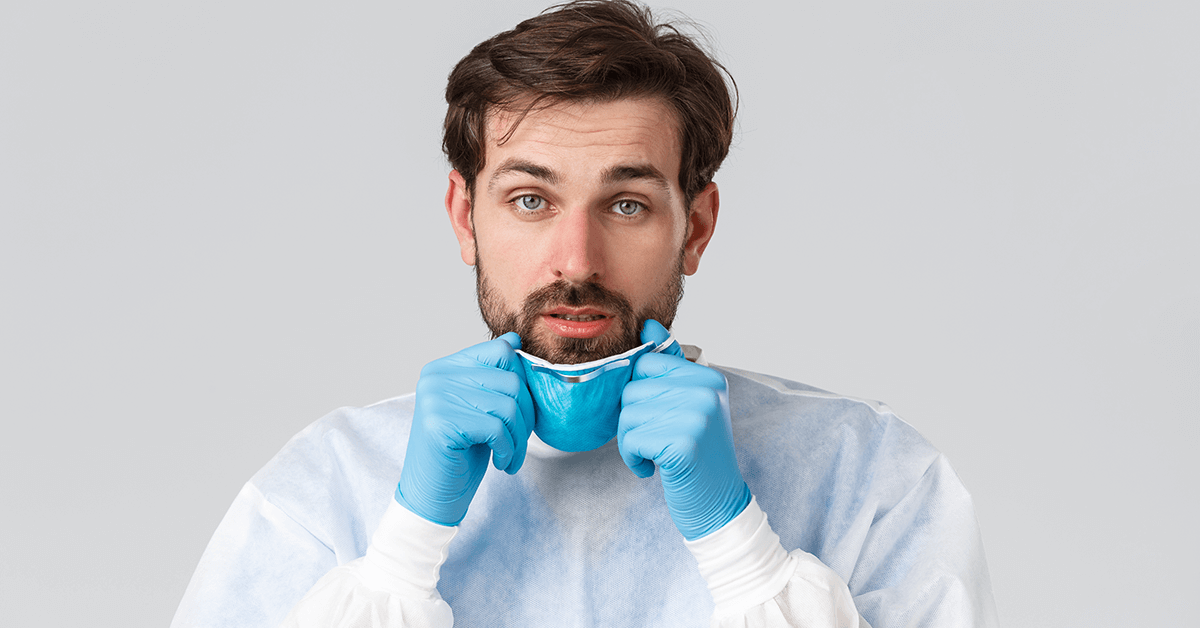Use the player to listen to the article and/or continue to read below.
Circadian Rhythms | Symptoms | Health Effects | Seeking Help | Treatments | Sleep Hygiene
Overview
Shift Work Sleep Disorder (SWSD) occurs when a person works anti-social hours. This means that they don’t have the standard Monday to Friday, 9-5 work week, and often work nights, early mornings, or what is known as the graveyard shift.
For some, this type of work pattern is a choice, but for others, it’s merely the reality of the kind of work they do. If you’re working irregular hours or shift work, you may notice that you have trouble sleeping and feel sleepy when you’re supposed to be awake.
Those with SWSD experience a range of symptoms that are associated with a change in their regular sleep pattern.
Alternating shifts can cause chaos with a sleep pattern. You’ll get used to a pattern of working nights, only to have your work schedule rotate to days, which interferes with your internal clock, or circadian rhythm.
Women are more likely to experience SWSD than men, although the condition can affect anyone who regularly works anti-social hours.[1]
Circadian Rhythms
SWSD is problematic because it disrupts your circadian rhythm, also known as your body’s internal clock.
The circadian rhythm controls many aspects of your health and well-being, including the times you wake up, and the times you fall asleep. Also, circadian rhythm works hand-in-hand with your body’s systems:
• Body Temperature
• Hunger and Satiation After Eating
• Hormonal Balance
Symptoms
A person with SWSD may experience the following symptoms:
• Feeling constantly tired, whether working or resting
• Insomnia and general problems getting to sleep
• Interrupted sleep that doesn’t leave you feeling rested
• Low mood or depression
• Irritability
• Problems with concentration
• Lethargy and low energy
Health Effects
When sleeplessness occurs for three months or more, the risk of serious health issues rises, including the following conditions:
• Anxiety
• Depression
• Obesity
• Diabetes
• Heart Problems
When the circadian rhythm is out of balance, this may lead to chronic sleeplessness or insomnia. Of course, when you’re exhausted, it’s easy to become irritated, and this can affect the close relationships in your life, too.
Disruption of the circadian rhythm resulting from shift work can increase the risk of developing mental health problems, heart disease, and cancer.[2]
Feeling tired puts you at risk of accidents while you’re working. Most studies pinpoint night-shifts as the most troublesome issue with SWSD; however, rotational shifts also play a significant role. [3]
Seeking Help
If you work anti-social hours and feel tired all the time, you’re struggling with low energy levels and concentration, and you have sleep problems that prevent you from feeling refreshed when you do wake up, the good news is that there is help.
Upon visiting your doctor, you will be asked questions about your lifestyle and your working schedule. It’s beneficial to maintain a sleep diary before you attend your doctor’s appointment to see how many hours of rest you’re getting every day and the overall quality of that rest.
If your doctor thinks there may be an underlying sleep issue at play, they may request a sleep study.
This means you may need an overnight stay at a local sleep center or have a home sleep test depending on your situation. A typical sleep test monitors your breathing rate, heart rate, and the number of disturbances you experience to your sleeping pattern while you sleep.
The information gained during this study will help your doctor to diagnose SWSD or another associated condition.
Treatments
It’s a good idea to try self-help methods to improve SWSD; however, there are medical treatments for those who struggle despite changes to lifestyle.
Melatonin is the most common medical treatment for SWSD and is available over-the-counter.
In severe cases, a doctor may use light therapy to help reset your circadian rhythm. Subjects who received bright light therapy and were able to maintain a regular sleep-wake schedule exhibited the strongest adaptation to shift work.[4]
Sleep Hygiene
For some people, changes in lifestyle may be enough to reduce the effects of SWSD. The most common and most effective self-help methods include taking steps to improve your sleep hygiene, including:
• Consistent wake and sleep times
• Consistent sleep routine before bed
• Comfortable and cool sleeping environment
• Heavy curtains to block out daytime light
• Sunglasses to minimize the amount of sun exposure before bedtime
• Avoiding caffeine-containing beverages 4-6 hours before bedtime
• Avoiding heavy meals 2-3 hours before bedtime
• Avoiding alcohol 4 hours before bed
• Using a fan or app for ambient sound to drown out the noise
• Arranging a break of 48 hours between shift changes
Final Thoughts
SWSD is a troubling condition for many people who work anti-social hours. Over time, excessive tiredness causes agitation and increases the risk of making mistakes, but it also increases risk factors for other serious conditions, such as heart disease and diabetes.
For most people, self-help lifestyle changes are enough to minimize the effects; however, there are stronger medical treatments available for those who still struggle after changes are made. It is always a good idea to speak to your doctor about your sleep concerns.
References:
- Akerstedt, T., & Wright, K. P., Jr (2009). Sleep Loss and Fatigue in Shift Work and Shift Work Disorder. Sleep medicine clinics, 4(2), 257–271. https://doi.org/10.1016/j.jsmc.2009.03.001
- James, S. M., Honn, K. A., Gaddameedhi, S., & Van Dongen, H. (2017). Shift Work: Disrupted Circadian Rhythms and Sleep-Implications for Health and Well-Being. Current sleep medicine reports, 3(2), 104–112. https://doi.org/10.1007/s40675-017-0071-6
- Wickwire, E. M., Geiger-Brown, J., Scharf, S. M., & Drake, C. L. (2017). Shift Work and Shift Work Sleep Disorder: Clinical and Organizational Perspectives. Chest, 151(5), 1156–1172. https://doi.org/10.1016/j.chest.2016.12.007
- Gooley, J. J. (2008). Treatment of circadian rhythm sleep disorders with light. Ann Acad Med Singapore, 37(8), 669-676.https://pubmed.ncbi.nlm.nih.gov/18797560/







